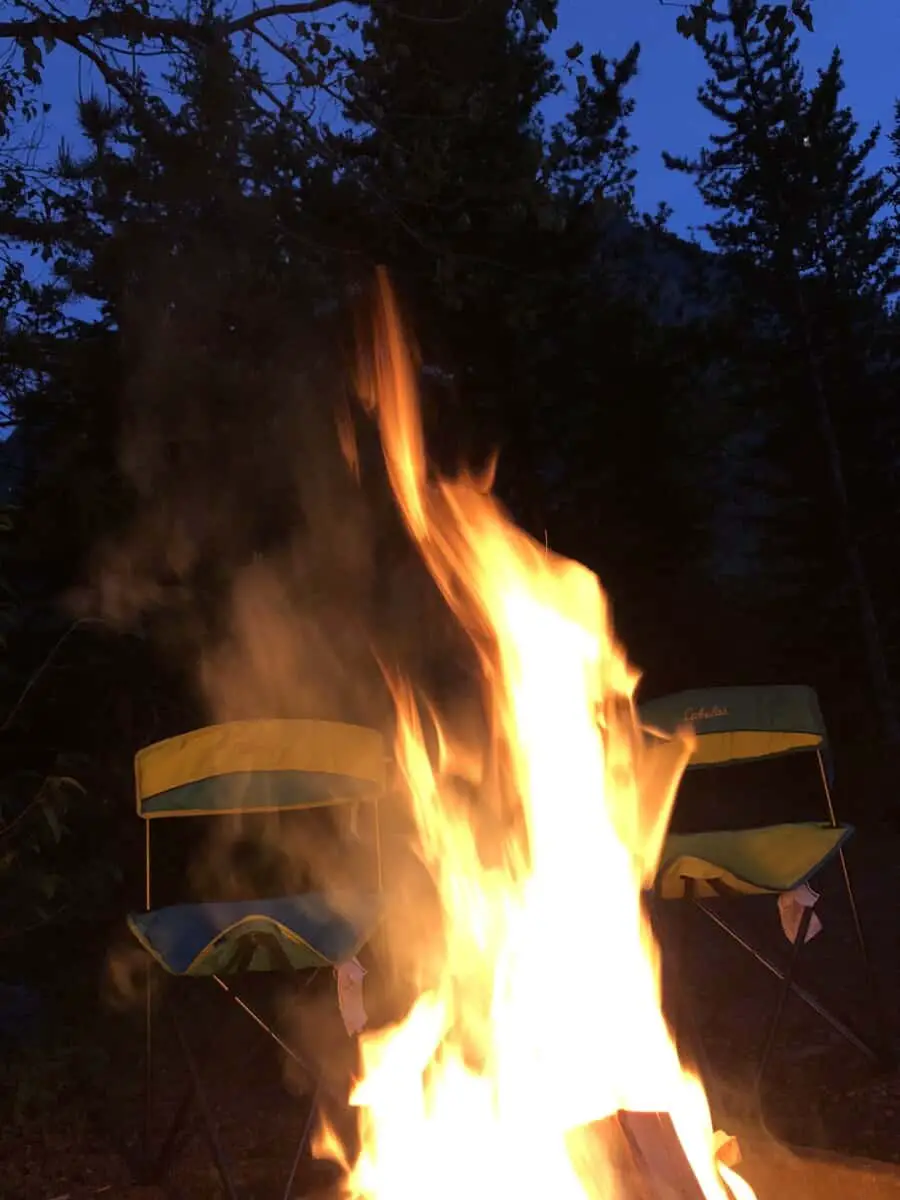Solo stoves can make summer barbecues and gatherings more cozy and friendly. However, their use is prohibited in some areas for safety reasons.
Solo stoves are illegal in New York City. They are open flame devices that can easily cause fire and are strictly prohibited by the City of New York Fire Code and the NYC Fire Department regulations.
The article below will discuss why you can’t use solo stoves within the urban NYC area.
Here’s Why You Can’t Use a Solo Stove in NYC
As enjoyable and fun as they are, solo stoves are a fire hazard if not used properly. They are considered open flames. Consequently, there are several places where it would be unsafe to use them.
This is the reason why New York City strictly prohibits the use of solo stoves. According to the City of New York Fire Department, ‘the use of (among others) fire pits is strictly prohibited and illegal in NYC.’
NYC’s High Population Density Makes Solo Stoves A Real Fire Hazard
Being a large city with tall buildings and a concentrated population, NYC poses more significant challenges when it comes to fire safety. Buildings and vehicles are flammable, and using a solo stove in places with many buildings and parked cars — like a big city — poses considerable risks.
However, it is unclear whether the NYC local regulations allow using a solo stove in your backyard. Some people think it is allowed, and you can use it without any problem.
On the other hand, there is no guarantee your neighbors will not call the Fire Department if they see you lighting an open fire in your backyard.
Outside NYC, solo stove usage is legal, especially in areas with less population and buildings. However, even in these cases, these open fire stoves should be used cautiously, at least fifteen to thirty feet away (4.57-9.14 m) from any building, tree, or other flammable or partially flammable objects.
In addition, strict rules need to be followed if these devices are used in covered porches.
Legal Implications
Under Section FC 308 of Chapter 3 (General Precautions Against Fire), NYC Fire Code forbids open flame devices like solo stoves in the city and indoors. It establishes that ‘portable outdoor fire pits that burn wood or other solid fuel (such as manufactured firelogs) are considered open fires.’ Consequently, they are restricted in the city.
If you are caught using a solo stove in a restricted area like NYC, you may have to pay a fine or, in severe cases where you have caused a fire and damages, there can even be arson charges.
On the other hand, if you have posed a risk to the building you live in or have caused any kind of disturbance to your neighbors (for instance, in the case of exploding fire pit rocks), it could be considered a breach of the tenancy contract, and you could be evicted.
You can apply for permission to legally use solo stoves in specific circumstances in NYC, but you are not guaranteed to get the permit. If you do, you must comply with very strict rules.
Are Smokeless Fire Pits Legal in NYC?
Fire Pits, Patio heaters, open flame pizza ovens, and chimneys are illegal in New York City due to the population density and them being a fire hazard.
Is a Solo Stove considered a fire pit?
Solo Stove’s are considered fire pits as they burn wood in an open setting. They are very similar to plain fire pits with the exception of the dual wall that allows them to be more smokeless than traditional fire pits.
Conclusion
Solo stoves are considered ‘Open fire devices’ by the NYC Fire Code and are legally regarded as open fires. They are prohibited from being used in NYC, as they pose a fire risk, especially in big cities.
Even though some people still use their solo stoves in their backyards, and there are different interpretations of the local regulations regarding this issue, you could be evicted from your building if caught.

